
Alopecia is the medical term for balding or loss of hair,which is generally typical of scalp, although there are cases in which itaffects other parts of the body as well. When it comes to the loss of hair onthe head, this condition is usually more present on one side of the head thanon the other. What is important to know is that alopecia is not the same asmale pattern baldness and it can affect people of both genders equally. There areseveral types of alopecia, and the causes are not always the same.
The most common causes of alopecia
According to the evidence gathered so far, alopecia areata ismost likely caused by certain abnormality of the immune system, which resultsin autoimmunity. The immune system simply begins to attack certain tissues,which are in this case hair follicles, and this way, the normal growth of hairis disrupted. The real reason why this happens has not been determined yet. In somecases, autoimmune disorders such as vitiligo, rheumatoid arthritis, thyroid diseaseare closely related to alopecia areata, while in other cases, genes andheredity are probably the causes, because this problem runs in the family.Cicatricial alopecia is caused by the damage and scarring ofthe hair follicle, which is a result of some inflammation. However, the triggerof such inflammation has not been determined.Androgenetic alopecia is a result of the shortening of thegrowth time, which is why the hair loses thickness. Heredity is one of the importantfactors here, although more in women, while in men, DHT hormone is responsible.Traction alopecia is a result of the damage to the root ofthe hair due to the too tight pulling. This happens in those who are intoexcessive hairstyling, and sometimes this damage to the root can even be permanent.Other possible causes of alopecia
Apart from diseases, a number of other culprits can also causehair loss. For instance, hormonal changes due to pregnancy, use of birthcontrol pills or some other reason, can also result in the hair loss. Medical treatmentssuch as chemotherapy or radiation can also contribute to the development ofalopecia, although the hair tends to grow again after the end of the treatmentslike these. Hair treatments that require the use of various chemicals can also resultin the damage of the hair if they are not used correctly. Infections of thescalp can cause the loss of hair, although in such cases, both the cause andthe consequences can be treated successfully.


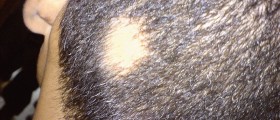




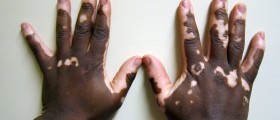

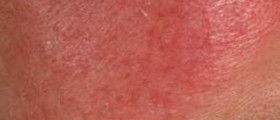


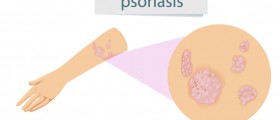
-Causes,-Symptoms,-Diagnosis,-Treatment_f_280x120.jpg)


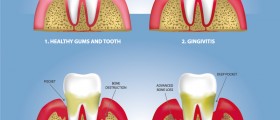
Your thoughts on this
Loading...